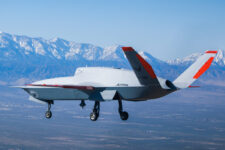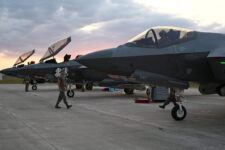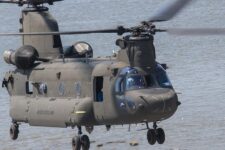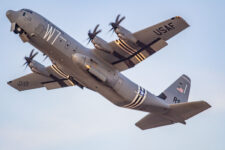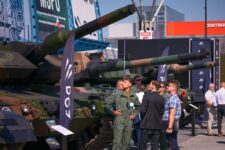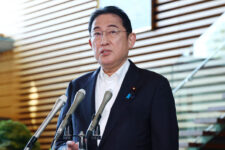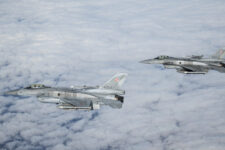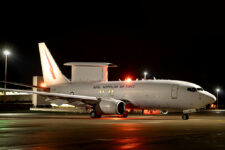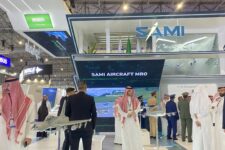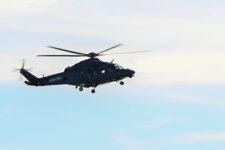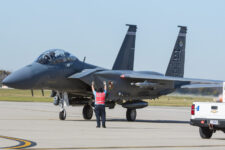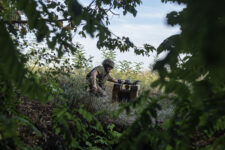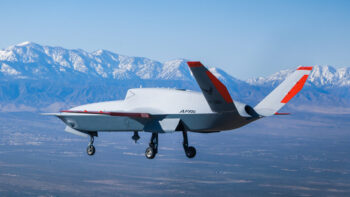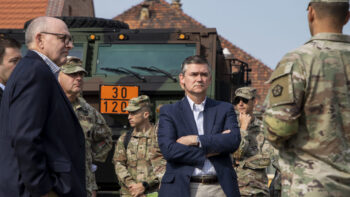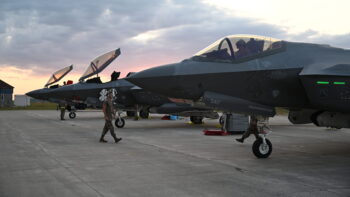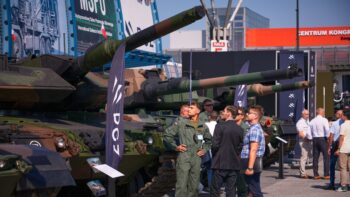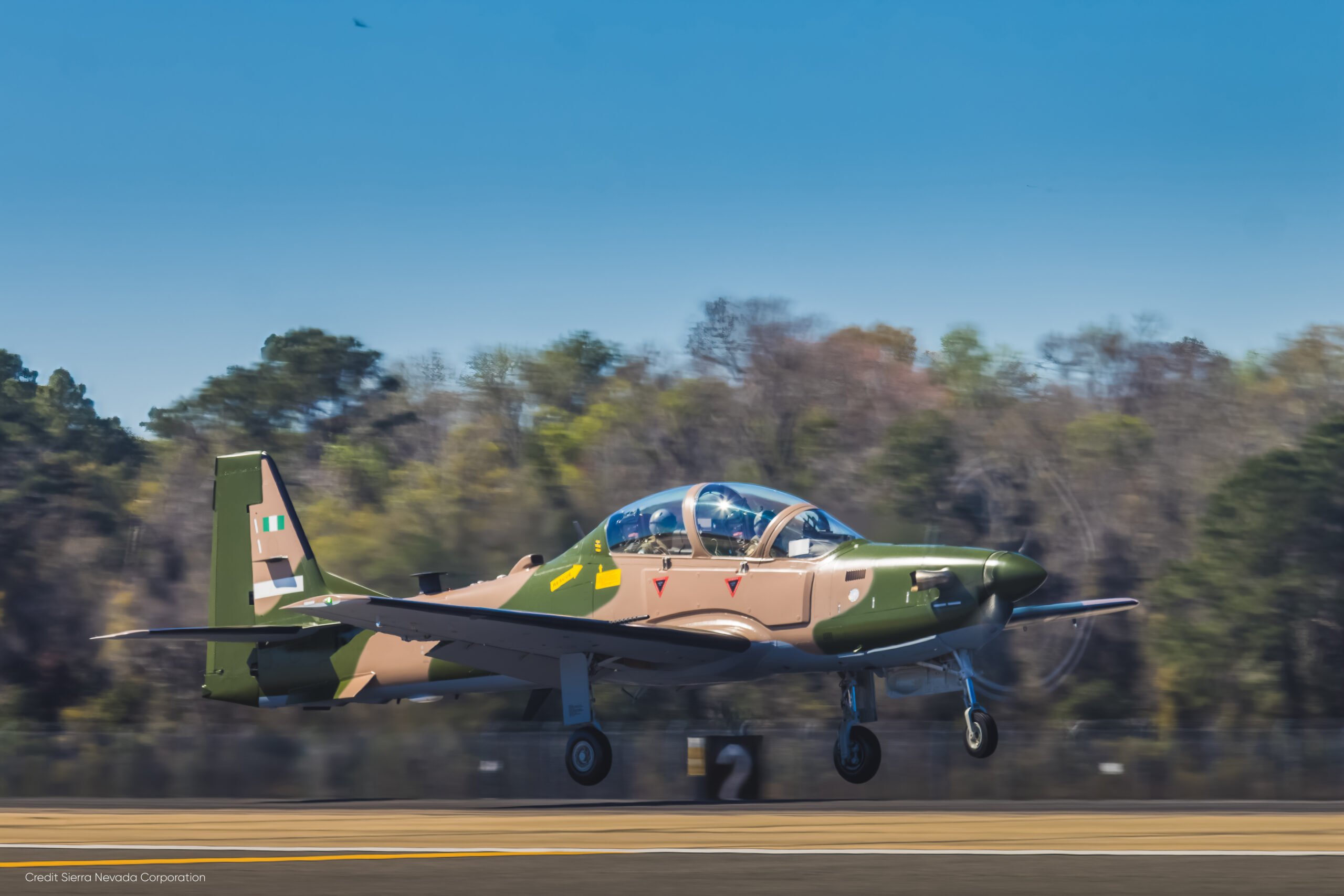
SNC-modified Nigerian Air Force A-29 Super Tucano completing training exercises in 2021. Image courtesy of Sierra Nevada Corporation.
While sights might currently be set on the near peer horizon, the threat landscape in less developed nations remains a serious destabilizing force. As the world’s superpowers engage in a power struggle, terrorist threats continue to thrive as the spotlight that lingered on them for more than 20 years goes dark. Companies like SNC, well known around the world for its integration, modification and maintenance expertise, are dedicated to equipping these nations for the fight.
The US is far from ignoring the world’s less publicized trouble spots, which continue to be a hotbed of terror, extremism and insurgency – festering in places across the African continent and beyond. Though it may be focused on the future, the US engages in numerous Foreign Military Sales (FMS) programs each year to assist partner nations in beating back these threats, while promoting interoperability and strengthening the country’s network of alliances and security partnerships worldwide.
Allies and partners purchase approximately $45 billion annually in US arms, equipment and training via FMS, and from 2021 to 2022, implemented FMS purchases grew by 49 percent, according to the US Department of State, which oversees the government’s FMS program along with the US Department of Defense that implements it.
“Terrorist activities and insurgencies against governments friendly to the US not only cause instability in each country or region, but they also jeopardize US interest in that area,” said Eric Hauff, senior director of international business development for SNC in Africa. “Superpowers like China and Russia are aggressively seeking influence in vulnerable areas – particularly in Africa and central Asia – for control of critical resources and geopolitical power. This makes it essential for the US to provide the security assistance these countries need in order to maintain stability and autonomy.”
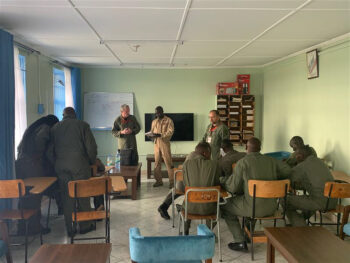
In Kenya, SNC helped “build the schoolhouse” as part of its FMS Total Package Approach, ensuring Kenyan Air Force pilots and maintenance crews have the knowledge and skill set to complete the mission. Image courtesy of Sierra Nevada Corporation.
In this effort, SNC is a trusted partner to the US government and critical partner nations across the continent in security cooperation and assistance. Sustainable, maintainable and affordable solutions via the company’s Total Package Approach (TPA) make sure that the customer is set up for success from delivery to training and throughout the life cycle of the aircraft.
“These countries would like to partner with the United States to get US technologies, weapons and help in fighting their battles, or at least be given a capability to fight their battles for themselves,” said Hauff. “That usually comes through security assistance, security cooperation and Foreign Military Sales.”
Capable, affordable aircraft targeted at regional threats
West Africa, in particular, is experiencing instability as western nations that have operated on the continent for generations have pulled out of regions like the Sahel and left a power vacuum behind. The result has been a harmful proxy war being fomented in the region.
To address these complex geopolitical problems, countries like Nigeria and Kenya have requested help from SNC through US FMS and global contracting programs. For these nations and others that face real and ongoing threats to their security, but perhaps cannot afford the latest fourth- or fifth-generation fighter aircraft, SNC offers mission-ready aircraft, complete with leading US technology, at a more affordable price. Additionally, unlike many large primes or original equipment manufacturers (OEMs), SNC’s CLS and training provides a level of support unmatched in the industry.
“Some of our customers tell us that such-and-such a company provided us this capability, this aircraft, they’re not helping us sustain it, and our pilot training was very minimal, and we don’t know how to operate the systems anymore. Or there’s obsolescence involved and they’re not helping us to modernize,” continued Hauff. “With a partner like SNC, Air Forces in Africa will have more aircraft available and more aircraft capable of performing the mission, than if you rely only on the OEM or the indigenous Air Force personnel alone.”
Through its TPA program, SNC, alongside the US government, was able to professionalize and enhance the operational capabilities of the Nigerian and Kenyan Armed Forces. In Nigeria, where the country is fighting to quell the Boko Haram insurgency, the A-29 Super Tucano TPA program provides the Air Force with not only the gold standard in light attack, combat and reconnaissance aircraft but also pilot and maintainer training as well as a full suite of spares, ground equipment and CLS, ensuring they’re prepared for the fight now and well into the future. For the Kenyans, SNC supplied the fully modified short-takeoff-and-landing C-145A, supported by SNC’s industry-leading training and comprehensive CLS program.
SNC’s TPA is a soup-to-nuts program that offers the same service as what the US government can provide as part of a Foreign Military Sale. On the front end, SNC handles the contract and the administration, as well as the full-spectrum training. The company also works with the US Air Force to provide advanced pilot and maintainer training when requested by FMS customers.
For its programs in Africa, central Asia and elsewhere, SNC supports the choreography necessary to get the systems needed as quickly as possible. That includes aligning and coordinating its own security cooperation activities with the US government, US Embassy Office of Security Cooperation, US Africa Command in Germany, Defense Security Cooperation Agency and the State Department.
“It’s a highly synchronized effort that involves many agencies, but the bottom line is, even here in the United States and inside the Beltway, you can have all the alignment you want, but if you don’t have a trusted relationship with the end user or the partner, you’re not going to go anywhere fast,” added Hauff. “In Africa, if you don’t have a trusted relationship first, you’re just not going to do business there.
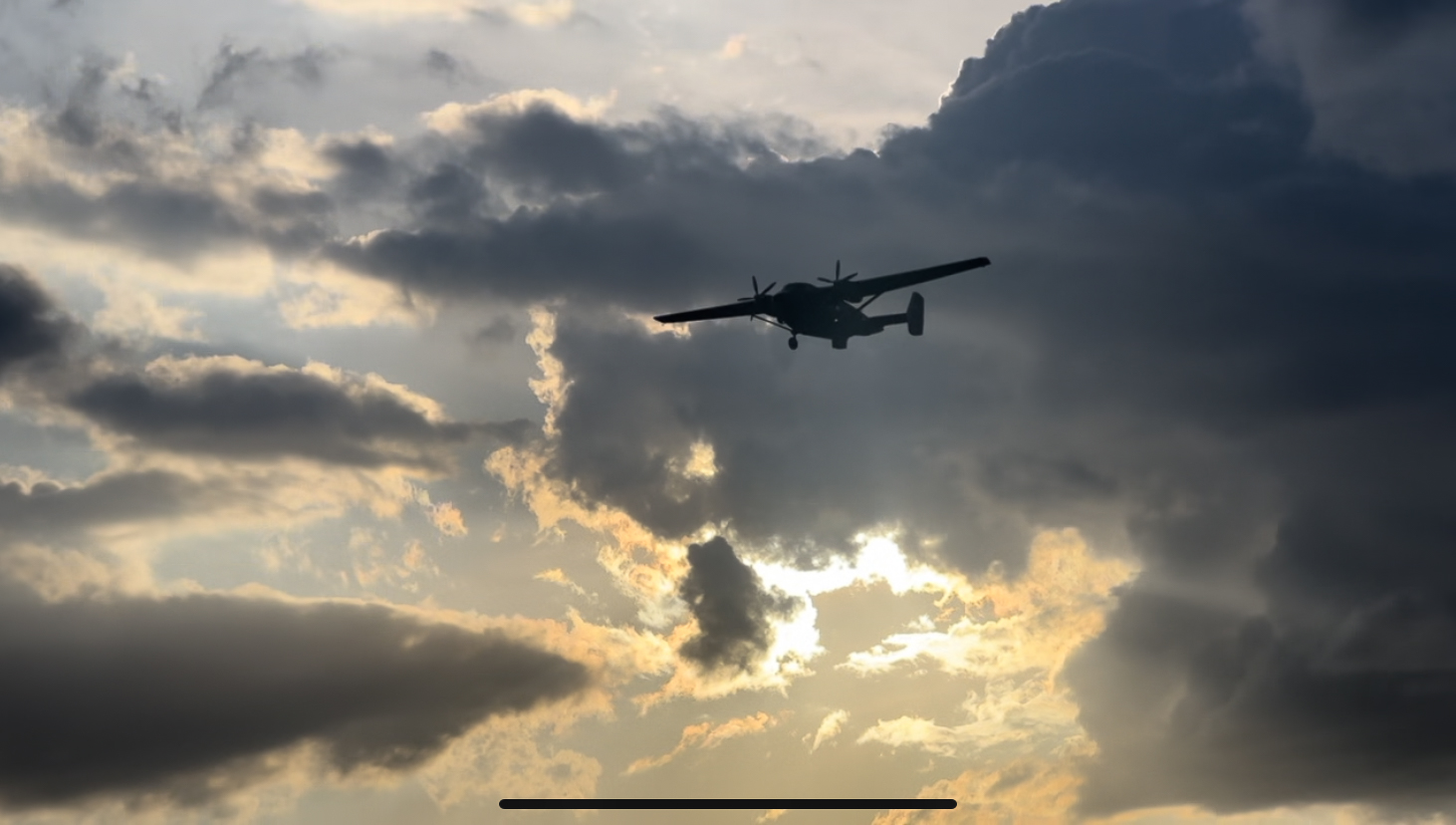
SNC-Modified Kenyan Air Force C-145A completing air crew training operations. Image courtesy of Sierra Nevada Corporation.
Conclusion
SNC is not a company that leaves its partners wanting – or needing – more. That’s not true of all companies in this business. OEMs, in particular, have been known to historically market and sell an aircraft and a capability at a price point that fits the budget of potential customers – but with minimal training, minimal sustainment – and then walk away or expect a follow-on contract at a higher cost.
SNC is not implying that its solution is the simplest one, but it’s definitely the most cost-effective, comprehensive solution for partner nations seeking FMS capabilities. By building trust and enduring relationships while also delivering the cutting-edge capabilities and world class training and CLS, SNC is disrupting the status quo. Its commitment to quality, performance and agility means that the US’s security priorities in Africa and other vulnerable areas have a partner that can go above and beyond to ensure customers have the technologies and ability to complete the mission, now and into the future.
